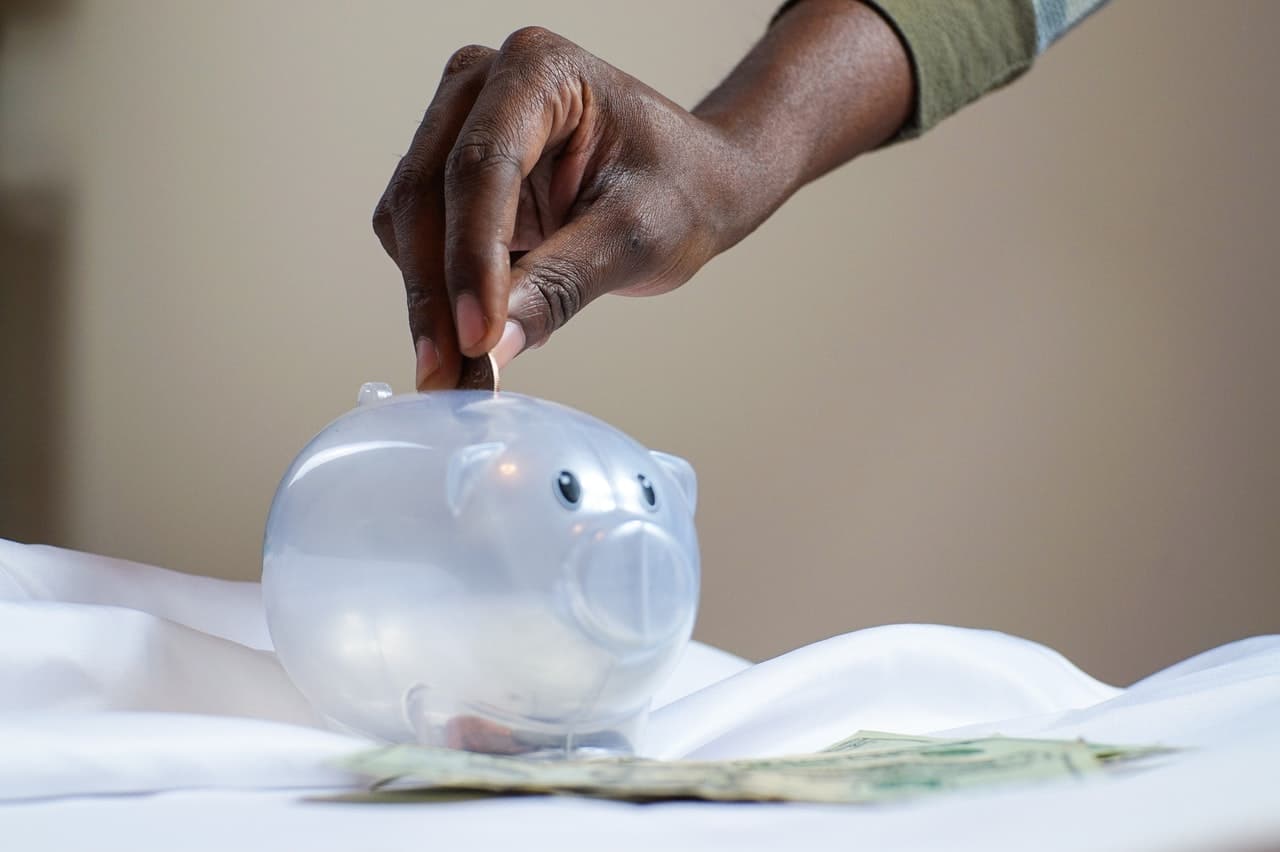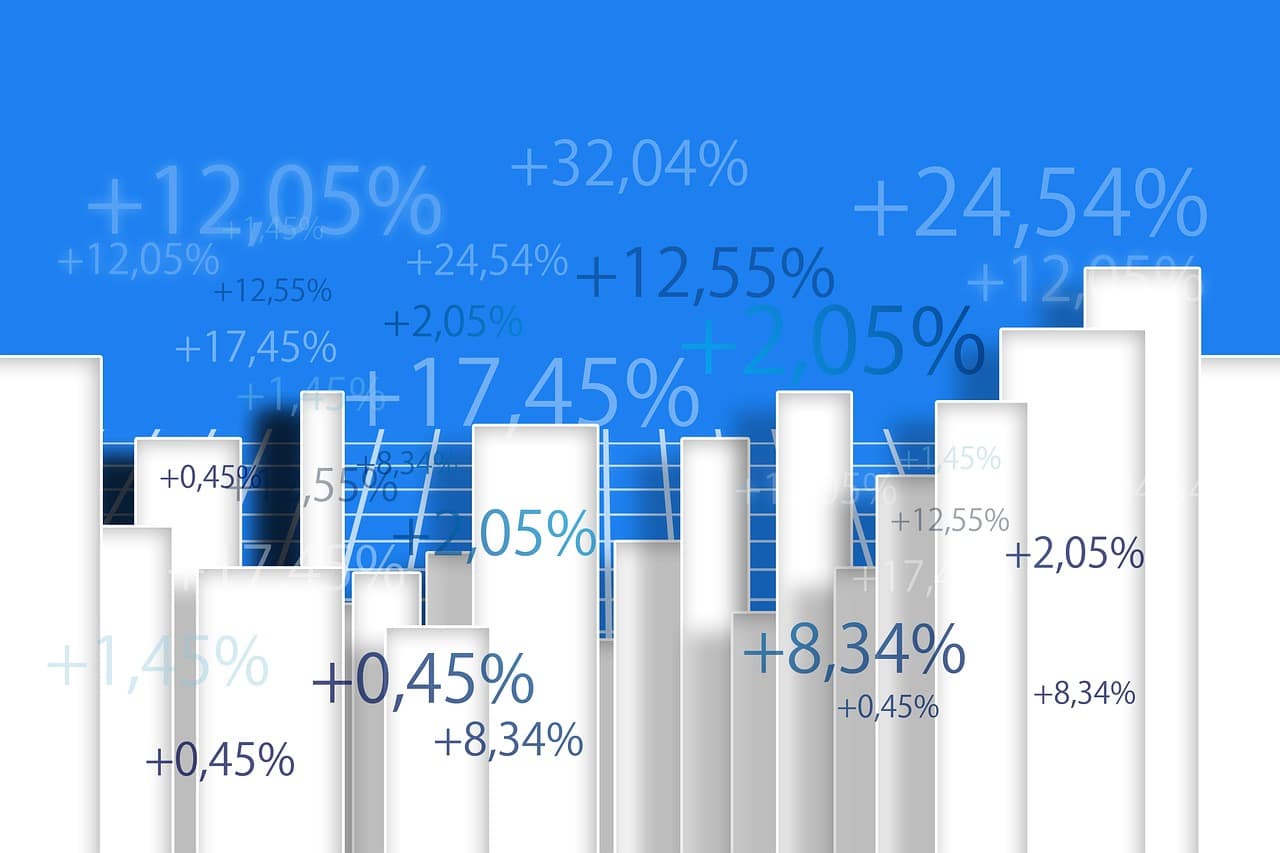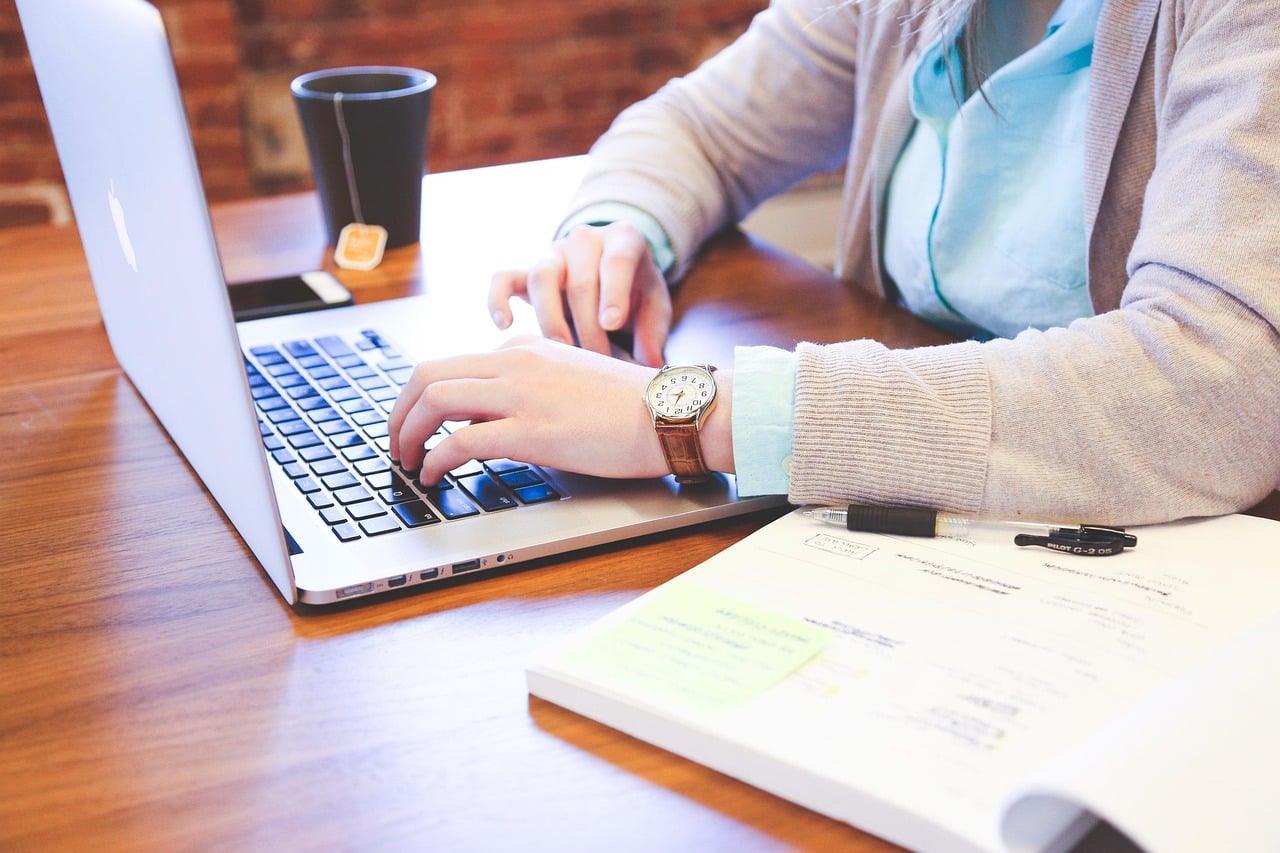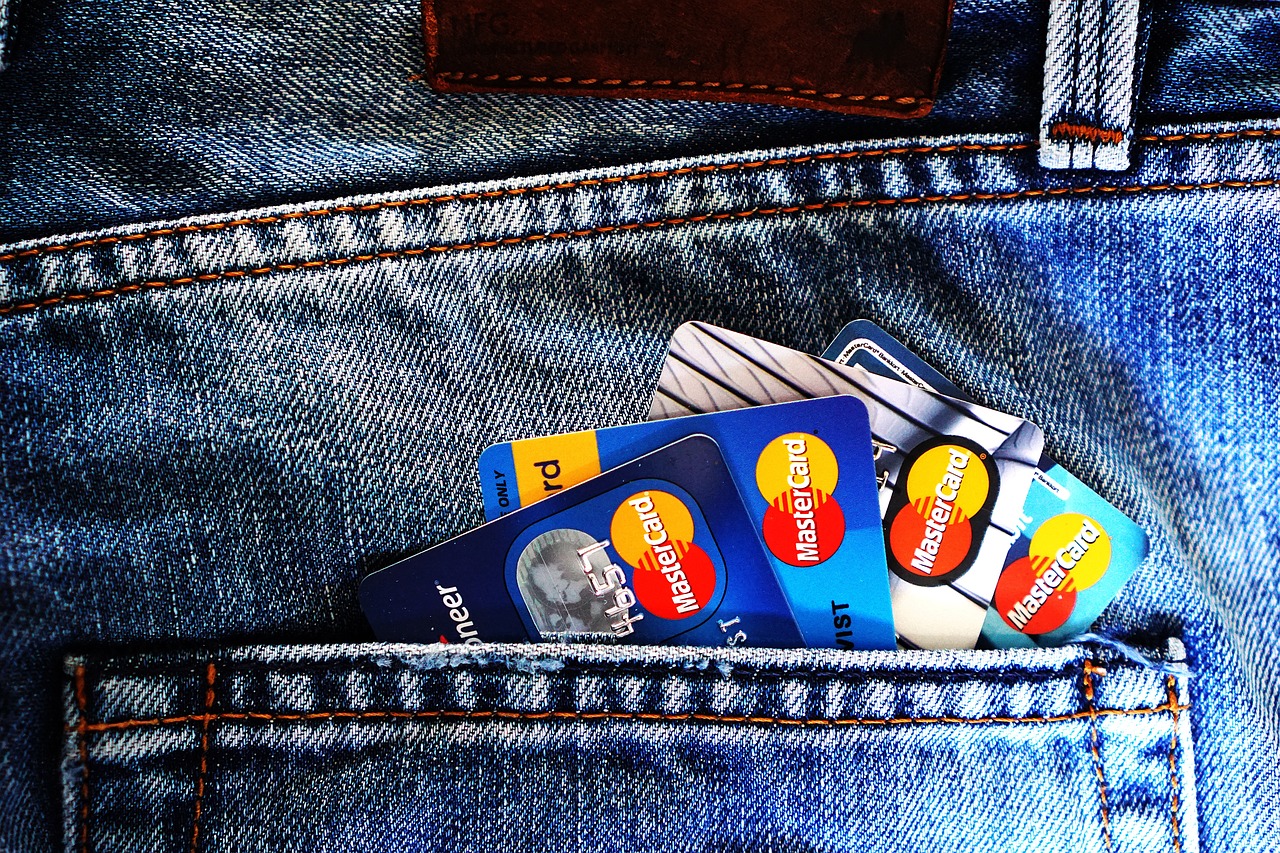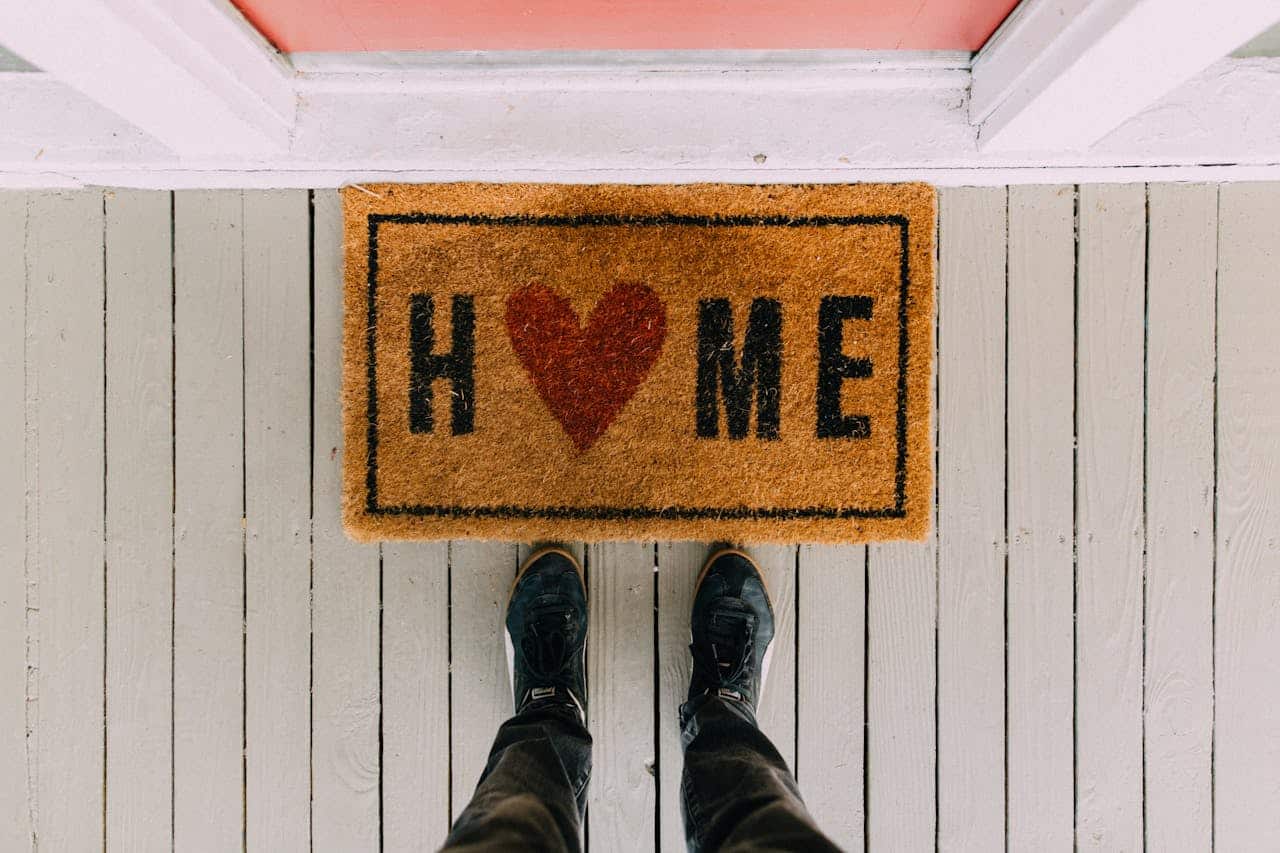Key Takeaways
- How to store money without a bank includes options like keeping cash in a home safe, using prepaid debit cards, purchasing money orders, loading funds onto cash cards, or relying on trusted digital wallets.
- Storing money at home in a safe or lockbox gives you immediate access without involving a financial institution. The tradeoff is the risk of theft, loss, or accidental damage.
- Prepaid cards and digital wallets add more flexibility. With prepaid cards, you can load money in advance and use it for everyday expenses or bill payments. Mobile wallets let you store and spend money digitally, and some even provide limited protections similar to FDIC insurance, though they are not directly tied to a bank account.
- Using a mix of methods such as cash, prepaid cards, and digital wallets, can diversify how you manage money outside the banking system. This not only improves accessibility but also spreads out risk.
There are many advantages to having a bank account, including storing your money safely. However, not everyone may be on board with keeping their money in a standard checking account. For one, there are fees associated with opening and using checking accounts. If you are one of those people avoiding banking, you may be looking for some solutions for storing your money safely.
The good news is that there are options! Keep reading for secure money storage solutions without a bank.
Get a Home Safe To Store Your Money at Home
One of the best solutions to store your money at home is a personal safe. You can buy one online or in person. When looking for a safe, you should think about a few things:
The Size and Weight of the Safe
One thing you should consider with a safe is its size and weight. The weight is essential because it can prevent theft. For example, if someone breaks into your home, they may be able to walk away with a 25lb safe, while a safe that is at least 50lb will be more challenging to transport. The size of your safe should reflect what kind of money you are storing. For example, if you keep all your money in cash, you should have enough room to easily store and access the funds. If you keep checks, you may not need as big of a safe.
Whether It Can Be Mounted
Mounting a safe to the ground is another excellent way to ensure that your safe is from burglaries. Not all safes have mounting capabilities, so look at the details before purchasing.
Where Do You Plan On Keeping It
Where you plan on keeping your safe is something you should think about. You’ll want to keep your safe in a spot that is not out in the open so visitors cannot figure out what the passcode is. Most people use their bedroom closet.
How Much Are You Willing To Spend
When it comes to an item like a safe, you will get what you pay for, so you may want to figure out how much you want to spend. If you are storing your entire life savings in your safe, you’ll want to spend enough to ensure that your hard-earned money is secure.
Is the Safe Weatherproof
Some safes are water and fireproof, so you will want to buy one with these features. Water damage and fire can happen, and having a weatherproof safe will ensure your emergency fund and everyday money is secure.
Use a Prepaid Card Account
One option to store your money is a prepaid card. Prepaid cards can be loaded with cash. You can find one at most major retailers, convenience stores, and gas stations. These cards can be a great way to store paper money and perform online transactions when you don’t have a bank-issued debit card or a credit card.
What Happens if I Lose My Debit Card?
If you lose your prepaid card, you can contact the card issuer to block any transactions; they will send you a replacement card. However, remember that any money used with a pin number may not be returned.
Consider Using a Parent’s or Spouse’s Bank Account To Keep Your Money
Another option you can consider is storing your money in someone else’s bank account. If you share your finances with a family member and they have a bank account you can store money with them. That way, you don’t have to open up your own account and worry about fees and such. That family member can add you as an authorized user, and you will be issued a debit card for the account.
There are some things to think about with this, including how much you trust the other person with your money. And whether you want to split bank account costs with them if they ask.
Why You Should Consider Storing Your Money With a Bank
Of course, you don’t have to store your money with a checking or savings account. Still, banks, credit unions, or other depository institutions have many advantages for keeping and saving money. Here are some reasons to consider storing your money in a bank account:
Federally Insured Funds Mean Protection
Most community, national and regional banks in the United States are federal deposit insurance corporation (FDIC) insured, which means that your money is protected for up to $250,000. When storing your money at home, you won’t have this protection.
Can Be Helpful When Applying for Loans
Another massive benefit of having a bank account and savings account is that when you apply for loans, it will be easy to provide proof of ongoing income, which is a huge factor for most loans. For example, with mortgages, a lender will ask for monthly statements on your income and expenses. Another example is if you are working with a bad credit loan option like a payday loan online, your income is a huge factor for eligibility, and you must be able to prove it. Having a bank account makes that extremely easy.
Can Mean Return With a Savings Account
Most depository institutions offer savings accounts along with a standard checking account. With a savings account, you can earn some return on your savings. Other bank products include a high yield savings account, a money market account, retirement accounts, and more to look into.
It Can Be Easier To Make Financial Decisions With a Bank Account
When you have your money in an account, it will be easier to get a better idea of your finances, including your expenses and income. When you know exactly how much money you have coming in each month and your costs, it will be easier to set financial goals. Whether you want to save money or plan a vacation, having a checking account will make it easier to track progress. And with online banking, you can easily check your balance anytime, day or night.
Avoiding Fees With a Bank Account
Although there are some fees with bank accounts you cannot avoid, there are definitely ones you can. Here are some fees to be careful about if you do decide to get a bank account:
- Overdraft Fees — If you spend more money than you have in your bank account and have overdraft protection in place, you can get an overdraft fee. This usually ranges from $20-$35. In some cases, you can apply and get overdraft fees refunded.
- Minimum Balance Fees — With some checking and savings accounts, you may be charged a minimum balance fee if your balance goes under a certain threshold.
- Non-sufficient Funds Fee (NSF Fees) — NSF Fees occur when your account is charged but does not have enough money and goes into a negative balance. One of many consequences of your bank account going negative is this fee (if you do not have overdraft protection) but there are more dire penalties like hurting your credit score. An NSF fee can range from $25-$35 per transaction.
- ATM Fees — ATM fees are charged when you use an out-of-network ATM. Expect to pay anywhere from $3-$5. You can avoid these fees by being strategic about the machines you choose.
- Foreign Transaction Fees — If you take money out of your bank account or use your debit card outside of the United States, you may be charged a foreign transaction fee.
- Account Closure Fees — If you close your bank account 90 to 180 days after opening your account, you may charge an account closure fee, usually $25.
The Bottom Line
Although you don’t need a bank account to store your money—you can use a personal home safe, use prepaid debit cards, or work with family—keeping your money with a bank will likely be the safest option. If it isn’t an option for you, at least familiarize yourself with the best places to hide money in your house.
References:
7 common fees of checking accounts and how to avoid them
Nooreen brings over nine years of experience as a financial writer and editor, including six years in FinTech and three years at CreditNinja. Nooreen earned her BA in English Language and Literature. She is a member of the American Bankers Association® Frontline Compliance program, having completed over 24 ABA certification programs. Her professional skill set also includes certifications in email marketing and a certificate in UX writing and design.
